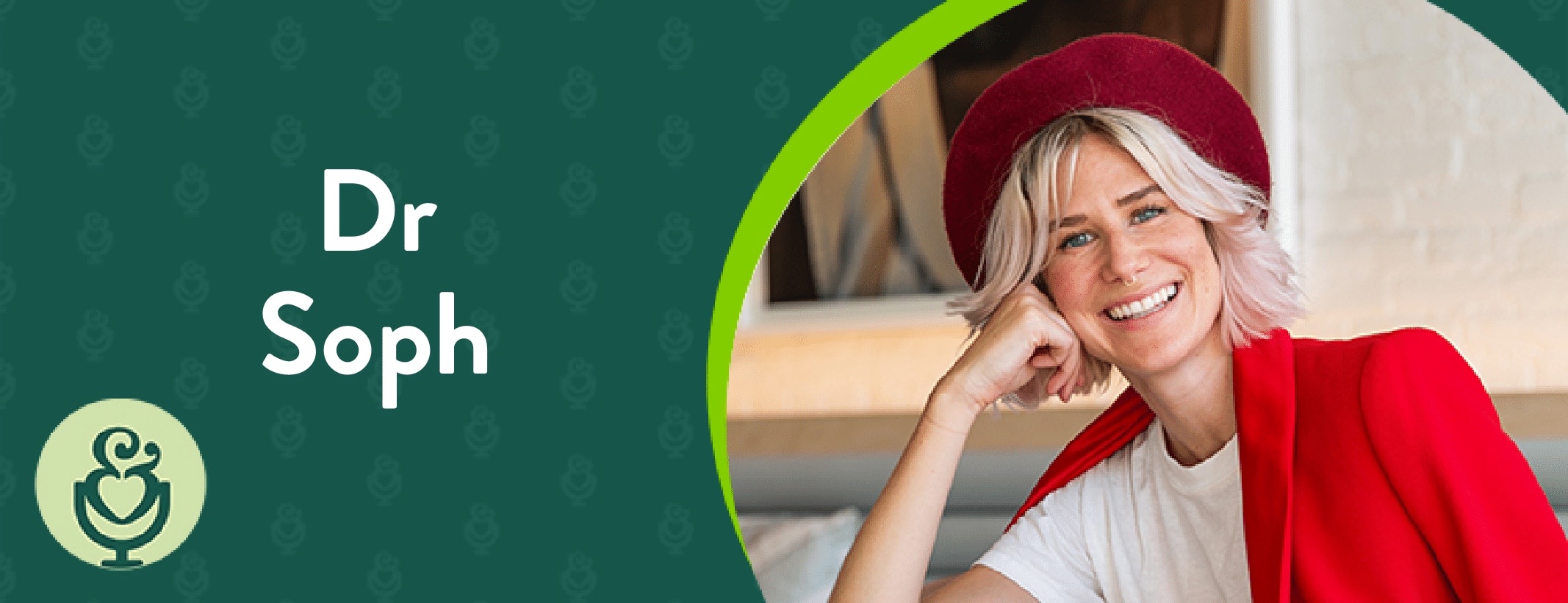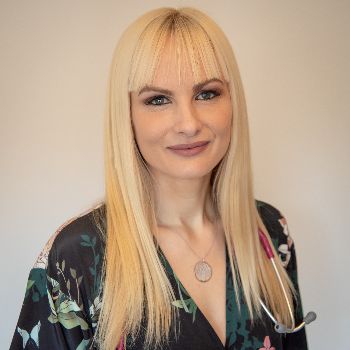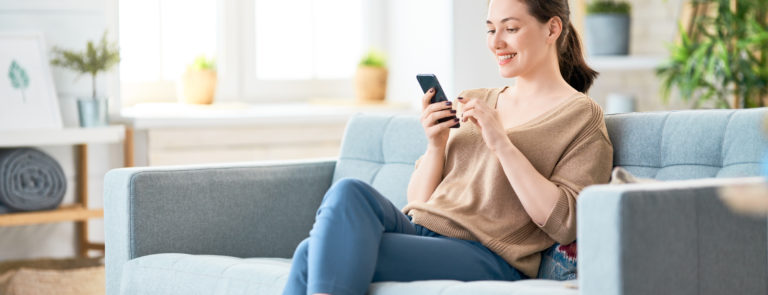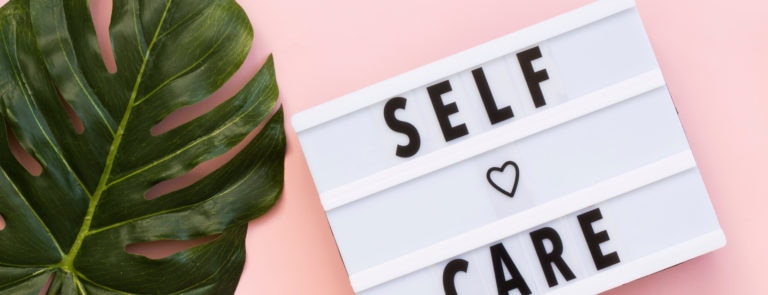S02 E06 | 44m | All about mental health

What we're talking about in this episode
We are a population totally ill-equipped to manage the stresses of life. In this thoughtful conversation with Gemma, Dr Soph talks about how suffering from debilitating panic attacks at the age of 18 has informed her work. With practical advice about:
- Understanding difficult emotions
- Managing anxiety
- The problem with perfectionism
With guest:
- Dr Soph - one of Instagram’s leading clinical psychologists, with an amazing ability to talk to the Instagram generation about mental wellbeing and coping mechanisms.
How to get a better understanding of your mental health
How to understand your mental health better
Down-to-earth clinical psychologist, therapist and author of brilliant new book A Manual For Being Human, Dr Sophie Mort – usually just ‘Dr Soph’ – cuts through the Instaquotes and explains what to really know
‘My own anxiety set me on this path’
‘I was always incredibly confident, then aged 18 I started having panic attacks, and didn’t know anyone else who had them. At that time, the media I consumed usually showed mental illness as “mad” or “bad”. I remember thinking, “I’m going to be like this forever, I’ve failed.” After I got the right support, I thought, “I’m going to learn everything I can about psychology and get that information out into the world.” So that desire to help and share came from a need to understand myself. To let people know mental illness is normal and human, and there is definitely a way out.’
‘Think of your emotions as separate from you’
‘A lot of work that I do as a psychologist is helping people externalise their problems. So rather than saying “I’m anxious” or “I’m angry”, you say “I experience anxiety” or “I experience anger.” Imagine your emotions as a separate entity you can live with, rather than fight against.
‘Don’t believe everything you read’
‘Instagram can be an incredible place to learn, but the downside is we get bite-sized bits of information that lack nuance. Blanket statements like “If you’re a perfectionist, or if you’re hyper-independent, it’s because you experienced trauma in childhood” can be dangerous. There’s often some truth in them, but research shows perfectionism is on the rise because of pressure from the media. You might be hyperindependent because of your DNA or it was expected of you: over 20% of the population, including me, have an avoidant attachment style, which means we keep people at arm’s length, and we’re proud of our independence. We need the grey areas, not just the sexy soundbites.’
'a social media cleanse’
‘Go through your feed and get rid of anyone who makes you feel bad about yourself, or posts over-generalised statements that make you worry about your life and past. Schedule time when you’re not on your phone – hide it in another room.
‘Social media is creating so much distress because of the “highlights reel”, where we present a perfect version of our life. But we know the bigger the gap between the self we present online and who we really are, the greater the distress. People are coming out of lockdown nervous to see others as they’ve created this filtered image, with the perfect make-up or pouting lips. Try to decrease this gap: every so often, post an unfiltered picture or honest statement – “I didn’t bake any bread during lockdown.”'
‘Whatever you feel, it’s normal’
‘We live in a society that teaches us happiness is the only acceptable emotion, the thing you must feel and show at all times. But if you’ve lost a loved one, or are going through a break-up, it’s very unlikely to be the emotion running through your body. Firstly, don’t criticise yourself. Acknowledge your emotions and practise self-compassion. Think, what would I say to a friend in this situation, how would I treat them? Then decide to do that for yourself, now.’
Want to learn more? Listen to more episodes The Wellness Edit podcast here.







